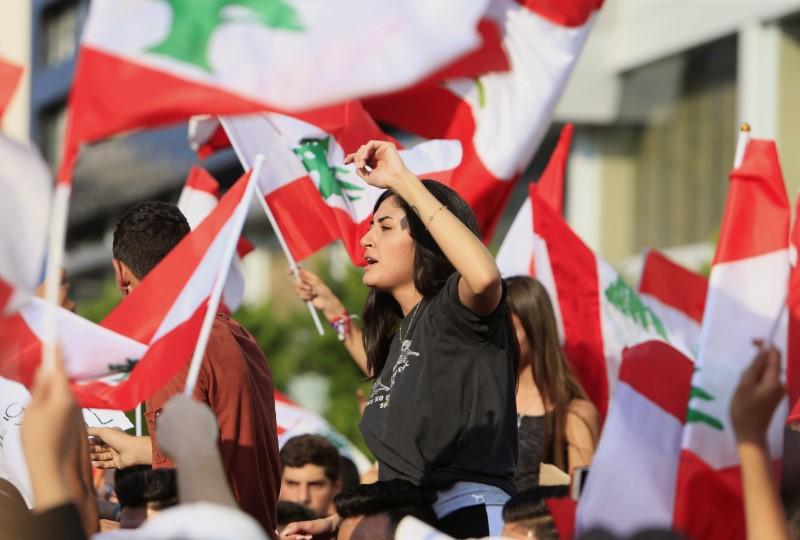Lebanese protesters managed to block the parliament from holding its first session for two months on Tuesday after preventing lawmakers from reaching the building.
During the blockage, protesters clashed with the Lebanese security forces.
In central Beirut, protesters blocked the entrances to the parliament, vowing to disrupt the parliament session. Accordingly, lawmakers’ bodyguards opened warning fire to disperse the protests that prevented one legislator from reaching parliament. However, the incident did not cause any injuries.
Authorities later announced that the session had been postponed indefinitely.
An earlier session last week was also postponed amid mass anti-government demonstrations, said Lebanese local media.
After deploying police and army reinforcements in Beirut cordoned off the area around the parliament late on Monday, riot police clashed with protesters who tried to break through the barbed wire blocking a road near parliament, while women protesters tried to form a live barrier between the two sides.
Commenting on the clashes, Caretaker Finance Minister Ali Hassan Khalil said, “This confrontation should not happen. Protesters have the right to demonstrate but lawmakers also have the right to go to perform their duties.”
After a one- week closure, Lebanon’s banks reopened on Tuesday, with heavy police deployment at banks, following incidents with clients angered by restrictions on withdrawals and transfers abroad.
The Federation of Syndicates of Banks Employees in Lebanon announced ending the one-week strike on Monday, stating that new security measures were adopted by authorities to protect banking institutions, including assigning police in front of banks.
“It is unacceptable that bank employees become scapegoats, that they get humiliated and are held responsible,” said the President of the Bank Employees Union, George Al-Hajj.


